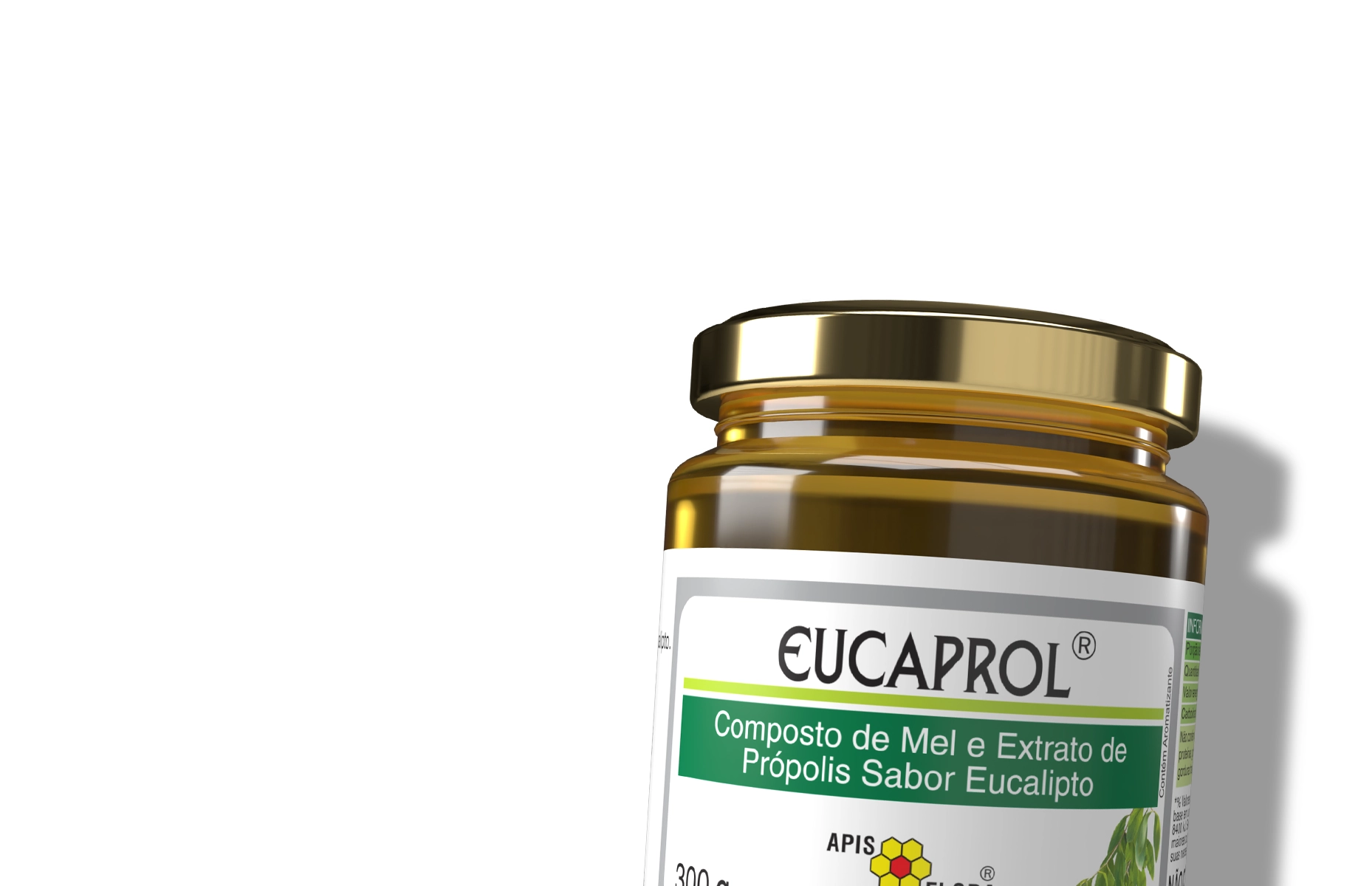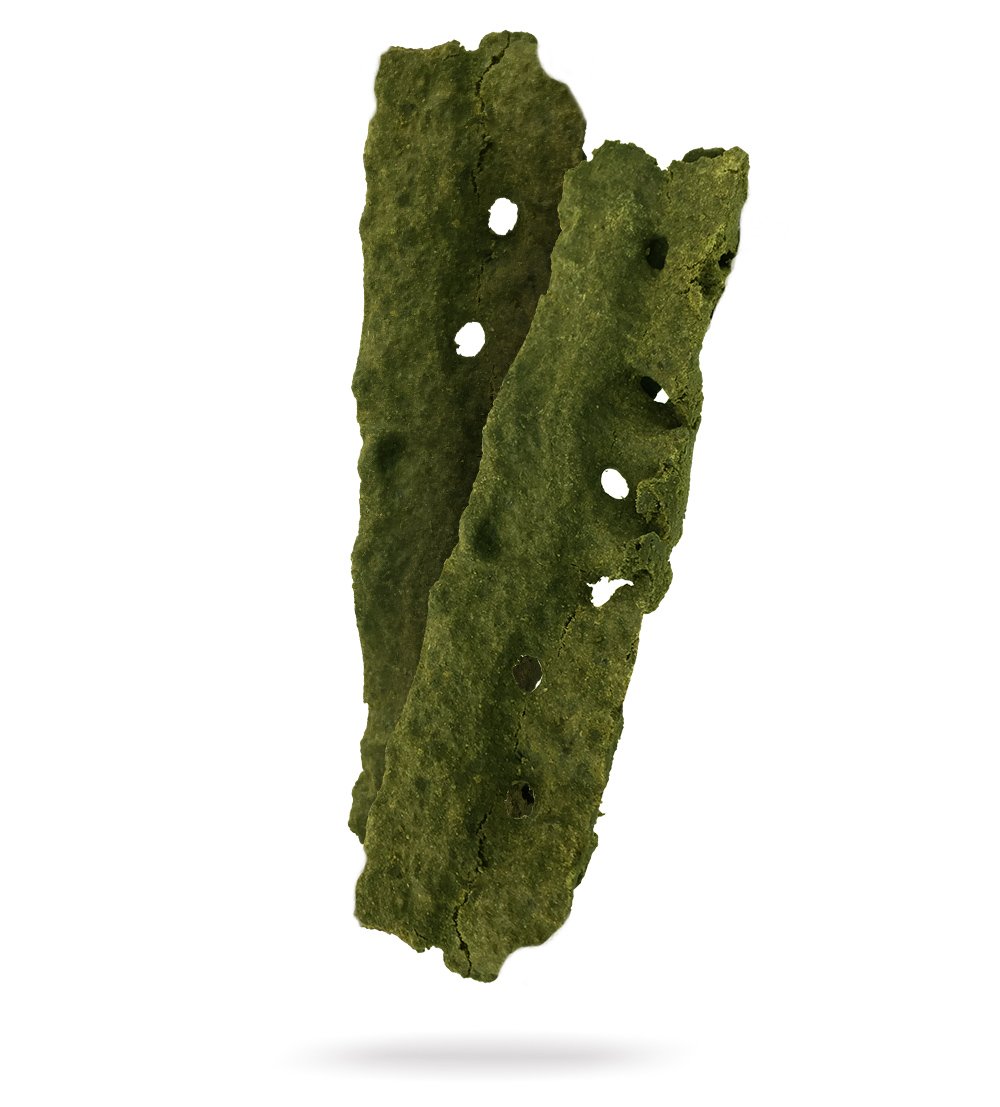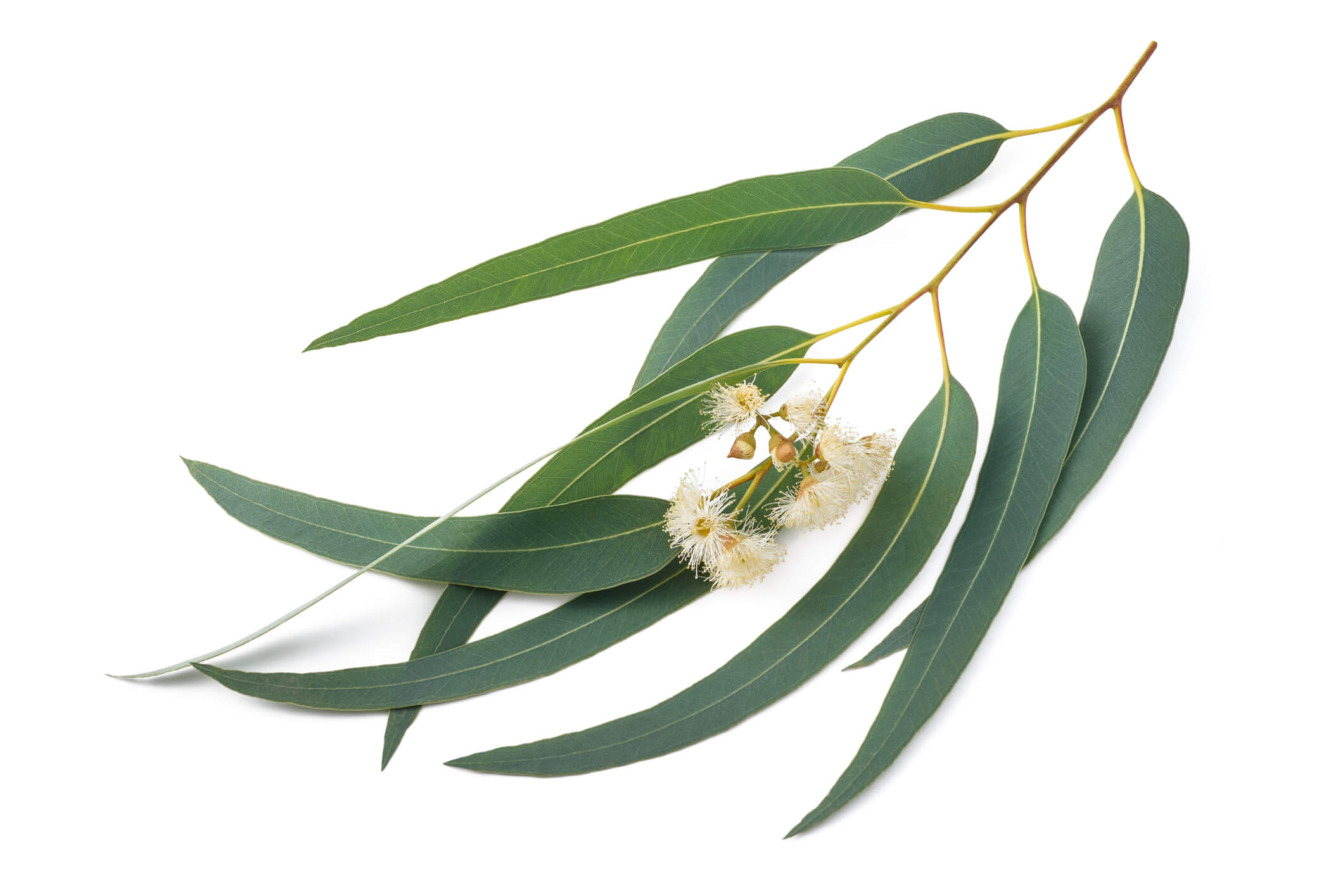Pesquisa





| Serving size - 20 g (1 tablespoon) |
Amount per serving %VD(*) | ||
| Calories | 63 kcal = 265 kJ | 3 | |
| Carbohydrates | 16 g | 5 | |
(*)% Daily reference values based on a 2000 kcal or 8400 kJ diet. Your daily values may be higher or lower depending on your calorie needs.
This product does not contain significant amounts of protein, total fat, saturated fat, trans fat, fiber and sodium.

Honey, propolis extract and eucalyptus aroma.
IMPORTANT INFORMATION
![]() Gluten-free product
Gluten-free product
![]() Store in a cool place
Store in a cool place
![]() This product must not be consumed by children under one year old
This product must not be consumed by children under one year old

Honey is a natural sweet substance produced by bees from floral nectar and sugary secretions from other parts of plants.
It is composed of approximately 75 – 80% carbohydrates, 0.38% proteins, 0.1% acids from fruits and 0.2% minerals. In addition to its nutritional properties, honey provides sedative and emollient effects.

Propolis is a complex blend, formed by resinous and balsamic material collected from plants by Apis mellifera bees, in addition to saliva and enzymes added by the bees themselves.
Its chemical composition is mainly determined by phytogeographic characteristics, such as type of vegetation, season of the year and environmental conditions around the beehives. This makes it possible to obtain multiple types of propolis.
The use of propolis in folk medicine dates back to 300 BC as an extract, and it is still object of study by many researchers in various parts of the world. These studies have proven the propolis benefits, which include immunomodulatory, anti-inflammatory, antimicrobial, healing, antifungal, antioxidant and hepatoprotective activities.
Propolis acts on the immune system balance through its immunomodulatory action, in addition to its other proven properties, as documented in the scientific literature: anti-inflammatory, antimicrobial, healing, antifungal, antioxidant and hepatoprotective activity.

Popularly known as eucalyptus, Eucalyptus globulus L is a species native to Australia and Tasmania that has adapted very well to virtually all tropical and subtropical regions, being widely distributed in South Africa, India, Southern Europe and Brazil.
Research has found evidence of its antimicrobial action against disease-causing bacteria in the upper respiratory tract, in addition to having antiseptic and fluidizing activity, helping reduce and expel mucus.

